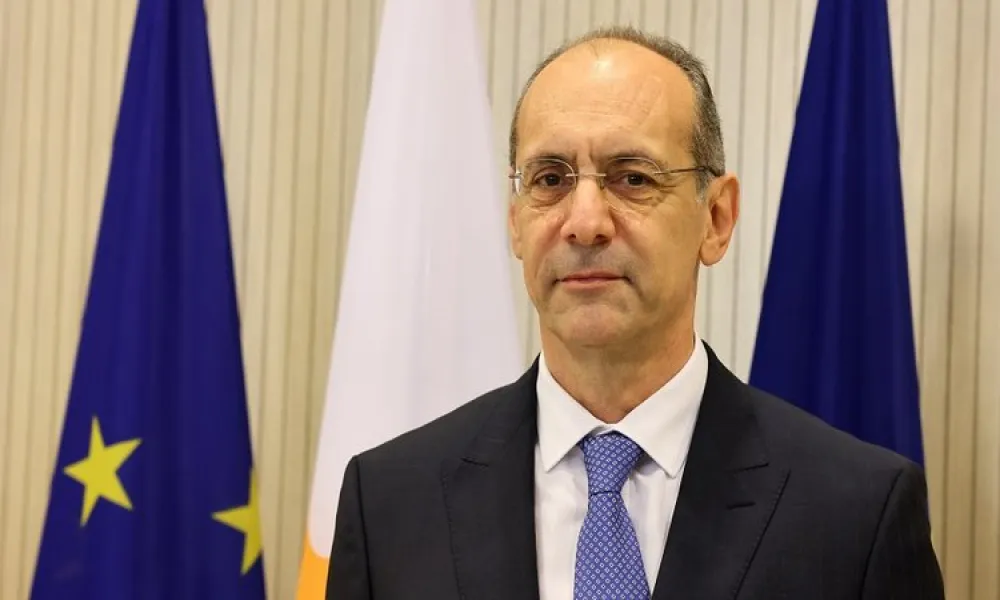Cyprus is a key player regarding the returns, particularly concerning Syria, as 90% of all returns from EU member states to Syria during the period from January 1, 2025, to September 1, 2025, were carried out by Cyprus, Minister of Justice and Public Order, Marios Hartsiotis told the EU’s Justice and Home Affairs Council held in Luxembourg.
The meetings took place on Monday and Tuesday, 13-14 October 2025, and addressed a range of critical issues over the two days.
During the deliberations of the Council, the European Commission presented the results of the Schengen Barometer, in which Cyprus is recognized as a model country, particularly in its use of the voluntary return mechanism. "Cyprus is working to implement the Schengen recommendations, and its first Schengen evaluation is underway. The Commission supports Cyprus in its process toward deeper integration into the Schengen system," the Barometer says.
"Cyprus has made significant efforts to implement the required corrective measures, with notable improvements in the return process and the Schengen Information System," it is added in the Commission’s April 2025 report.
According to press release issued on Tuesday, speaking during the discussion on the issue, the Minister of Justice noted that the Schengen Barometer is a particularly useful tool for identifying problems and managing challenges at the EU’s external borders. He pointed out Cyprus’ role in utilizing the voluntary return mechanism. In this context, he stressed that Cyprus is a key player in the field of returns, particularly concerning Syria, as 90% of all returns from EU member states to Syria during the period from January 1, 2025, to September 1, 2025, were carried out by Cyprus.
During the first day of the Council, the agenda included discussions on the modernization and strengthening of Eurojust, aiming to make it more effective in supporting member states in combating cross-border crime, which is constantly evolving. In his intervention, Hartsiotis noted that the ongoing developments in organized crime trends require Eurojust to have adequate funding and the appropriate tools at its disposal so it can operate effectively and fulfill its mandate.
In the same session, the ministers also exchanged views on best practices adopted at the national level regarding the protection of political figures from all forms of verbal or physical threats. Additionally, a discussion was held on safeguarding open public dialogue and the exercise of criticism.
On Tuesday, during the second day of the Council, Hartsiotis participated in the session on internal affairs portfolio issues. The ministers discussed the impacts on the EU’s internal security due to the situation in Gaza, such as increasing polarization in public discourse and the risks of radicalization. Member states also highlighted the rise in mass protests, where attacks against law enforcement agencies have been observed.
Finally, the ministers of the 27 member states exchanged views on the state of the Schengen area. In this context, a discussion took place regarding the future strengthening of the European Border and Coast Guard Agency, FRONTEX.
CNA
